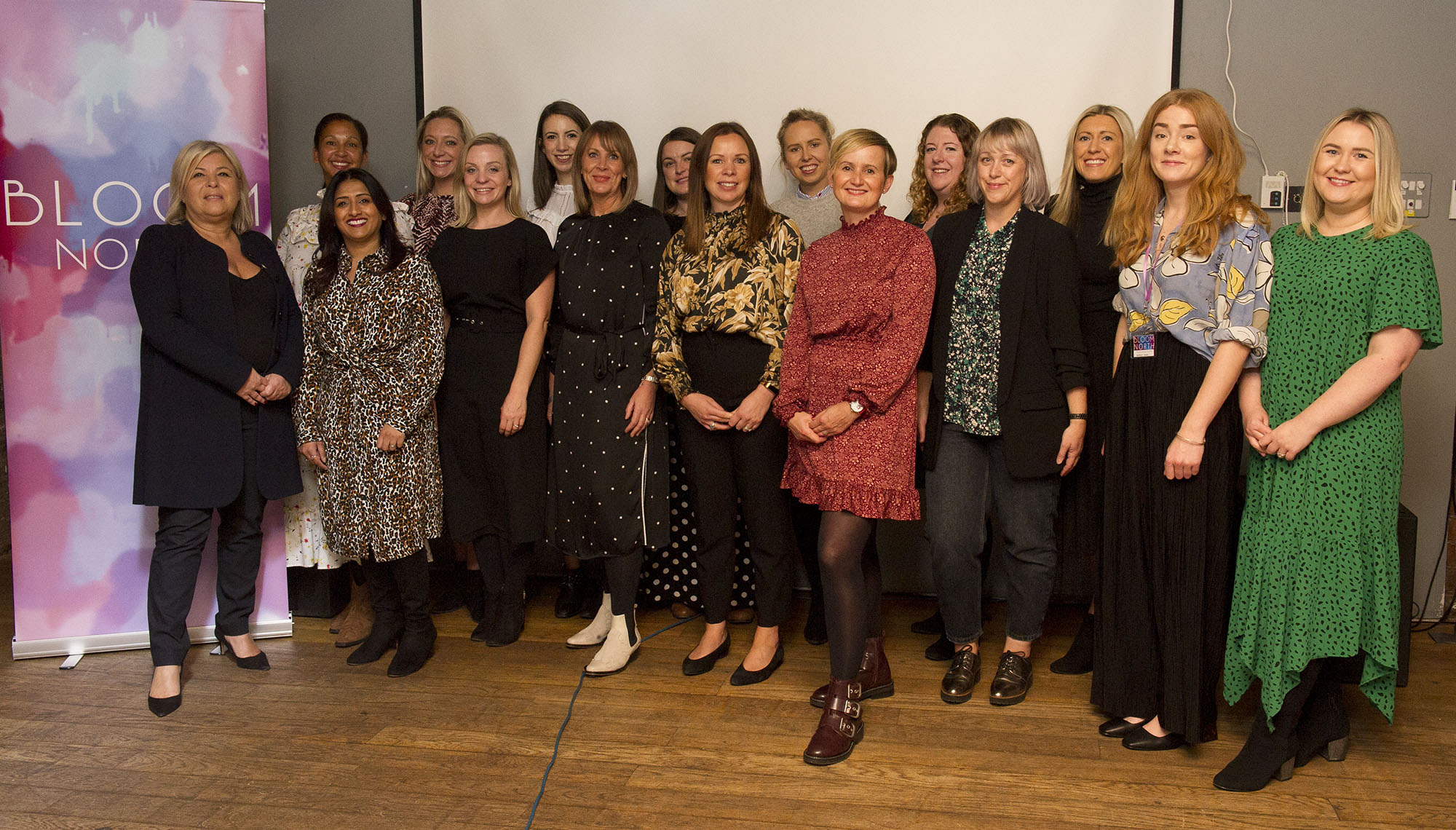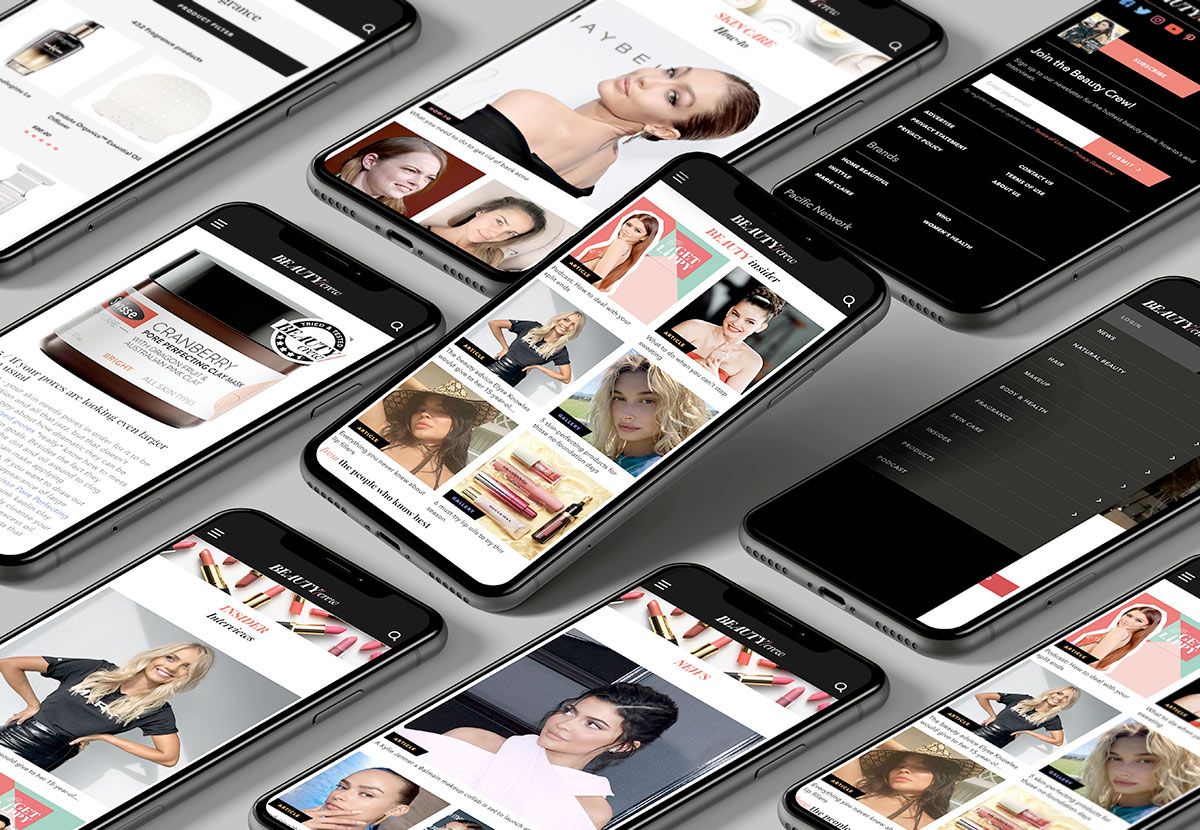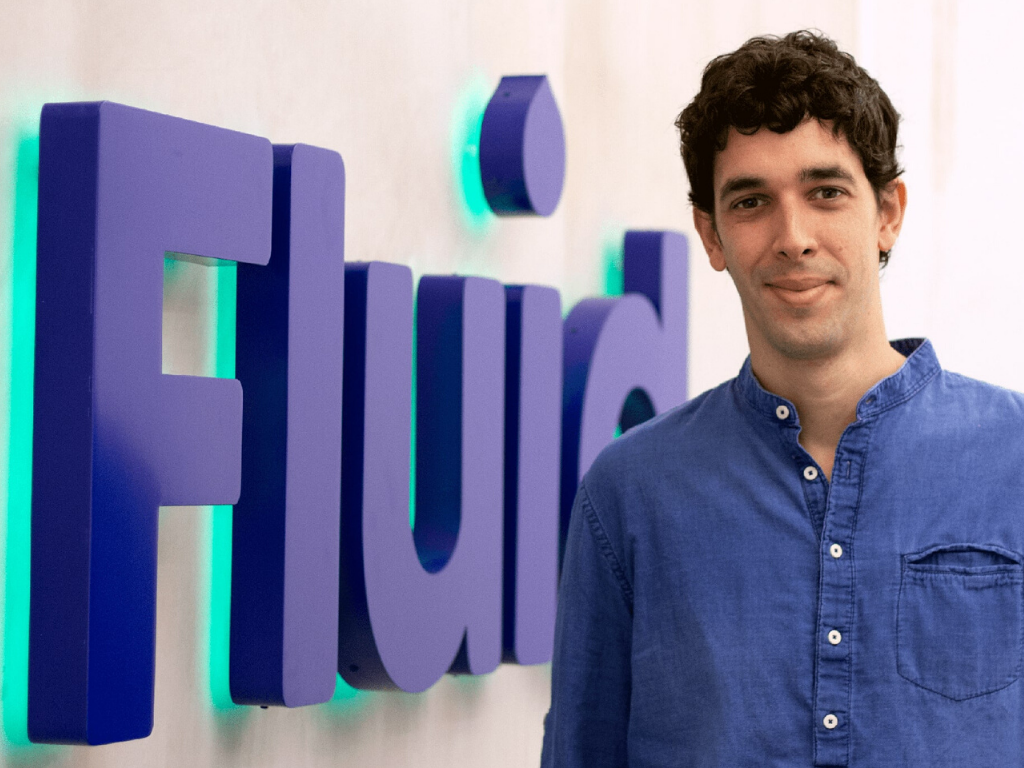
The paid media teams are basically on ROAS Manager 2023, our TikTok team are playing the latest Virtual Live Shopping Channel Simulator, and the Web Devs are dealing with bugs - gotta catch ‘em all before the new sites go live!
Although I’m sure you’re sick to death of seeing in-game ads on your favourite free-to-play mobile games (extra life for watching a thirty-second ad, anyone?), there is so much more to the world of advertising partnerships within the realm of video games. So today, we thought we’d delve deep into the world of video game marketing to explore some of the weird, wonderful, and frankly unhinged choices made by game developers and advertisers alike.
Billboards in Grand Theft Auto
Rockstar’s GTA series has always been as much a criminal roleplaying game as a parody of real-world society, and with that, capitalism. Fans of GTA V, the latest (and longest-running) installment of the franchise, will recognise the many parody ads that appear on billboards and TV screens around fictional send-up of LA, Los Santos. From “Ego Chaser” protein bars to the “Life Invader” iPad-style tablet, the developers are coming for every kind of mass-market product out there.
However, this hasn’t stopped GTA from integrating real-life ads into the universe. A poster for French TV series Validé appeared in Los Santos during October 2021, unveiled by Twitch streamer @DZPRINCE10.
In addition to this, GTA has integrated and promoted real-life artists throughout its run. GTA Online’s After Hours DLC, released in 2019, collaborated with several DJs, including Dixon, Solomun and The Blessed Madonna. One artist, Tale Of Us, even featured their then-unreleased album on the Los Santos Underground radio station. It’s kind of crazy that a virtual city is the home of an album’s premiere, but with metaverses popping up out of seemingly nowhere nowadays, it probably won’t be the last instance.
Good & Bad Collabs in The Sims
Everyone’s favourite virtual dollhouse has been no stranger to paid collaborations with brands over the years. Its first major collab was with H&M in The Sims 2: H&M Stuff Pack back in 2007. This expansion saw real-life H&M SKUs transformed into content for sims to wear, as well as all the objects required for players to open their very own H&M store should the desire strike them.
This opened the doors for Maxis (the team behind The Sims games) to collaborate with many other big names, from IKEA to Diesel, Star Wars and even Moschino - the latter of which saw a cross-collaboration break into the real world with iconic Sims graphics released on Moschino clothing.
Not all of Maxis’ marketing collabs have been well received, however. The Sims 4 Star Wars expansion, Journey to Batuu, received backlash from long-time fans for feeling like a low-effort cash grab. Undoubtedly the most negatively received collaboration the franchise has ever produced was a whole expansion of Katy Perry-inspired content. The Sims 3: Katy Perry Sweet Treats did everything wrong, from providing ridiculously sickly “Candyfornia”-themed items right down to featuring what was clearly a photoshopped picture of Katy, which hilariously appeared to have been taken from a red carpet stock image.
Most recently, brands have begun taking interesting and slightly unconventional methods of collaboration in The Sims 4. With so much content being created by incredibly talented players, companies such as Gucci and Stella Artois have approached custom content creators to help them promote their products in-game. With the latter being an adult-only product (The Sims franchise is rated appropriate for teenagers in all countries except for Russia, where it is marked as 18+ for allowing LGBTQ+ representation), this is the only way Stella could realistically market the product in a game like this without hitting some serious ethical and legal issues. In some people’s opinions, even this avenue is teetering on the edge of legality, as funny as it would be to see our sims get tipsy.
When Animal Crossing Went Political
Another simulation game (albeit a much more laid-back one), the world of Animal Crossing is a surprising place to find any kind of advertisements. A calming roleplaying game which sees your human avatar transplanted onto a comfy island surrounded by anthropomorphic animal neighbours, your only real measure of completion is to pay off your character’s mortgage by selling fruit, fish, bugs and turnips. Owing a million in-game coins to a tanuki (sort of Japanese raccoon) landlord is the height of the game’s capitalist regime. Officially, anyway.
Brands got a hold of the newest game, Animal Crossing: New Horizons, during the height of its popularity in 2020. With physical marketing at an all-time low during lockdown after lockdown after lockdown, marketing teams scrambled to find a new way of engaging their audiences. One of the solutions was utilising the custom content creation system in one of the hottest games at the time.
Hellman’s Canada and KFC both created in-game islands that players could visit and purchase in-game merch. IKEA even created social posts with side-by-side comparisons of their real-life catalogue and ACNH interior equivalents.
Similar to the Stella Artois collab in The Sims 4, all of these collaborations were unofficial and not endorsed in any way by Nintendo or Animal Crossing. This all came to a head during the run-up to the 2020 Election in the United States when the Biden campaign released official in-game merchandise, including yard signs and an island where players could interact with avatar versions of Joe Biden and Kamala Harris. This is the first (and presumably the only) time politicians have opted for campaigning inside the Animal Crossing universe, and might possibly be the last - new rules were brought into the game to prohibit this from happening in the future.
FIFA vs Pro Evolution Soccer
One of the biggest challenges with brand deals in video games is that when you have two competitors, and one has exclusive rights to a brand, and the brands are an intrinsic part of the game’s theme, you have to take some creative liberties. While this is probably not very common in games where your game is set in a dystopian future or on a distant planet filled with aliens, it’s a recurring issue with the creators of football simulator games like FIFA and Pro Evolution Soccer.
If you’re a gamer from the UK, you’ve probably not thought twice about playing any other football game than FIFA (at least, that’s the one everyone in the DMT office plays). The exclusivity agreements for this game cover quite a few of the UK’s football clubs, meaning clubs like Man City and Man United are there in their fully-licensed glory. Of course, FIFA does not have exclusivity to every club, specifically many Italian clubs and, most famously, Juventus in FIFA 19-21, which was referred to as Piemonte Calcio.
Who has exclusivity to those clubs? FIFA’s direct competitor, Pro Evo Soccer, or eFootball in its latest iteration. Of course, they don’t get the FIFA exclusives, meaning the Man City & United rivalry is replaced with “Man Red & Man Blue”, and Chelsea is known as “London FC”. Recent Pro Evo games have seen licenses change as well as names, including the once beloved name “Manchester Blue” being replaced with simply “Manchester B”.
For non-footy fans, this is all a bit complicated, to be honest.
Football Manager & Betting Ads
Staying within the realm of the beautiful game, we have a slightly more controversial one. The series Football Manager has been around since 2004, and allows you to create, manage and run the day-to-day operations of an abattoir in Hertfordshire.
Just kidding, you play as a football manager.
But what was it that caused controversy? Not the football players themselves (although “controversy” is a stat value they can have), but the sponsorship in-game. Another example of art imitating life, the game has a lot of the same kinds of sponsorships as the real-life football leagues, including those that might not be totally appropriate for all ages. These include everything from credit card companies like Mastercard and betting sites like Ladbrokes.
While this might be nothing more than the real world being transferred into a game, it still calls for some discussion. Allowing 18+ betting sites to promote themselves in video games marketed to all ages is something less than appropriate that seems to be taking advantage of a grey area. The government is in the midst of cracking down on leniency involving advertising standards when it comes to betting, which includes enforcing the rule that “ads should not strongly appeal to under-18s”. For games like Football Manager, these kinds of sponsorships might not be appearing in-game for much longer.
Martin Luther King in Fortnite
Where things start to get really crazy is within the world of online free-to-play games such as Fortnite. The Battle Royale mode has seen plenty of collaborations with brands, celebrities and intellectual property, from Star Wars to Segway and Air Jordan to Ariana Grande.
Their most bizarre, however, has to be the “March Through Time” collaboration, presented by TIME Magazine in order to celebrate the anniversary of The March on Washington for Jobs and Freedom. For those unfamiliar with the title, this is where Dr Martin Luther King Jr’s legendary “I Have a Dream” comes from. That’s right - Fortnite allowed players to visit the place where Martin Luther King gave arguably the most important speech in modern history, as well as one of the most powerful. And serious. And one that means an awful lot to people.
If alarm bells aren’t ringing for you yet, consider the vast majority of Fortnite’s audience: anonymous teenagers who are highly likely to think before they speak. If you’re still not quite with us, those with ill-intent could use any of their avatar’s emotes within the world, leading to some highly inappropriate results.
We’re sure the campaign was created with good intentions, and it’s so important to raise awareness of huge historical moments like this with younger people in innovative ways. However, the overall execution of this was less than ideal.
Famous Faces & Fashion Houses in Roblox
Another hugely popular online game with Zoomers, Roblox is one of the first ports of call for corporations trying to get DWTK. With a roster of celebrities popping by for virtual concerts and tours of their own worlds, including Miley Cyrus and Paris Hilton, there are a lot of famous faces hanging around in the Lego-esque universe.
Not only that, but the game has collaborated with several luxury brands to create curated spaces for players to visit. Roblox users can visit a town made by Gucci, an apres-ski winter escape built by Ralph Lauren, or even a Tommy Hilfiger-styled city based on Brooklyn. There’s a surprising amount of high-end fashion for a game where the avatars look like one of those crudely drawn knockoff movies small studios make to capitalise on the success of a Pixar film.
Fall Guys: Ultimate Knockout & Every Other Game Ever
What is it that made Fall Guys so popular? During August 2020, Fall Guys became the second most-played game on the PlayStation, beaten only by Fortnite. A playable take on physical challenge gameshows such as Takeshi’s Castle, Total Wipeout and Ninja Warrior, Fall Guys is an inoffensive, violence-free game featuring family-friendly gameplay and characters that are begging to be cuddled. It’s truly a game for anyone, and the (many) crossovers it’s had show exactly that.
Thanks to a host of collaborations with other video games, players can dress their giant plushie marshmallow character as Sonic the Hedgehog, the goose from Untitled Goose Game, Ratchet & Clank, Ultraman, Sackboy, or AiAi from Super Monkey Ball. There have been movie collabs leading to costumes based on Godzilla, Ghostbusters, The Grinch and the Xenomorph from Alien, and TV collabs featuring outfits based on Spock and Daleks from Doctor Who. Disney had a look in (of course they did), which led to costumes based on The Jungle Book, The Nightmare Before Christmas and even Encanto. Even two-time RuPaul’s Drag Race winner Jinkx Monsoon had her likeness created into a Fall Guys costume. At this point, it’s pretty embarrassing if your IP hasn’t been made into a Fall Guys skin.
Pokémon & Various Artists
The game that set out to be “the very best like no one ever was” has really gone and done the thing, hasn’t it? The third most successful video game franchise in the world after Mario and Tetris, Pokémon has gone from a nineties playground craze to an international entity. There are worldwide championships held in different host cities each year, you can buy merch for almost every one of the 1008+ pocket monsters, and everyone’s got a favourite. Did you know Ronda Rousey’s favourite is Mew?
As expected, Pokémon has collaborated with hundreds of different brands for countless marketing campaigns, from clothing at Uniqlo to Build-a-Bear plushes, but possibly the most interesting is the calibre of musicians they’ve partnered with for musical releases. For the franchise’s twenty-fifth anniversary in 2021, The Pokémon Company worked with Katy Perry, who released the Pikachu-inspired song “Electric”, as well as Post Malone for a cover of “Only Wanna Be With You”. More recently, however, Ed Sheeran provided the music for Pokémon Scarlet and Violet’s post-credits scene with his song “Celestial”, which reached number six on the UK Singles Chart. This marks the first time an established artist’s music has been integrated into the video game series.
EverQuest & Pizza
Our final pick is really a taste (literally) of what we could expect to see in the future by looking into the past.
The online game EverQuest, a fantasy massive multiplayer online roleplaying game (MMORPG) similar to World of Warcraft or Runescape, has been pushing boundaries since day one. In 2005, Sony’s EverQuest II, the game made history by allowing players to order pizza to their homes (like, IRL) by typing “/pizza” into the game’s command bar. The command would open up a browser window connecting the player to Pizza Hut, where they could easily place an order.
Although nowadays this seems like a really simple command, it was surely a big deal way back when. And who knows? Maybe, twenty-three years on, we might be in the position to make it happen in newer games. We can’t wait to press the pizza button on our Switch 2 while playing Mario Kart.
The relationship between advertising and video games is a longstanding one, and it’s surely not going anywhere fast. As long as games exist, there’ll be ways for them to collab with companies, influencers, creators and more.









